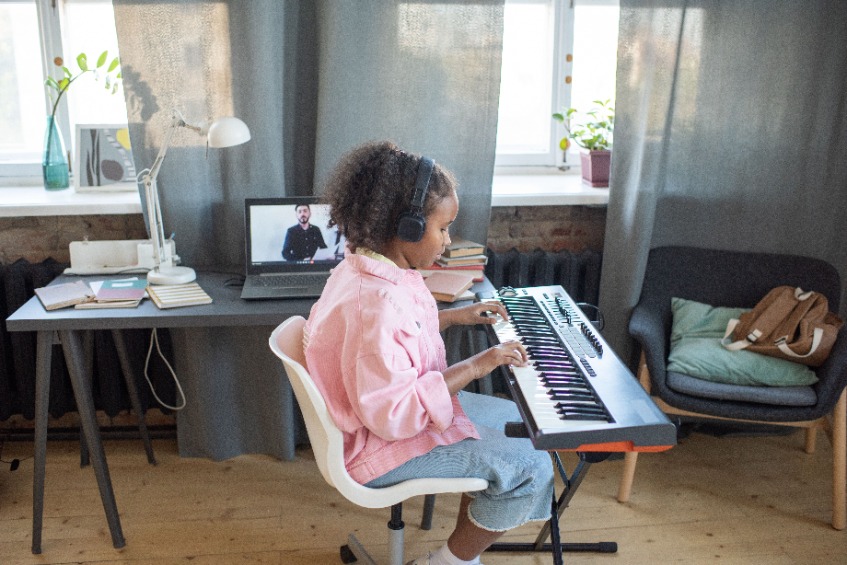Learning to play the piano by ear can be a valuable skill for anyone interested in music. It can help you to develop your musical abilities and become a better musician overall. In this article, we will explore the benefits of learning piano by ear and why it can be an essential skill for musicians.
Contents
The Benefits of Learning Piano by Ear
1. Improves Musical Memory
Learning to play the piano by ear involves listening to music and then figuring out how to play it on the piano. This process helps to improve your musical memory by requiring you to remember the notes and rhythms of a song. As you become better at playing by ear, your memory for music will improve, and you will be able to play more complex pieces without the need for sheet music.
2. Develops Creativity
Playing the piano by ear allows you to be more creative with your music. Rather than simply playing the notes on the page, you can add your own personal touch to a piece by improvising and experimenting with different chord progressions and melodies. This can lead to the creation of new and exciting music that you may not have discovered otherwise.
3. Enhances Listening Skills
Learning to play the piano by ear requires you to listen carefully to the music you are trying to play. This helps to develop your listening skills and can improve your ability to pick out individual notes and melodies in a song. These skills can be beneficial not only for playing music but also for other areas of life, such as communication and problem-solving.
4. Builds Music Theory Knowledge
Playing the piano by ear can help you to better understand music theory. As you learn to play different songs, you will start to recognize patterns in the music, such as chord progressions and scales. This can help you to develop a deeper understanding of how music works and can be beneficial for those interested in pursuing music theory in more depth.
5. Increases Confidence
Learning to play the piano by ear can be a challenging and rewarding experience. As you become more proficient at playing by ear, you will gain confidence in your musical abilities. This can lead to a sense of accomplishment and pride in your musical achievements.
Tips for Learning Piano by Ear
If you are interested in learning to play the piano by ear, there are several tips you can follow to help you get started:
1. Listen to Music
The first step in learning to play the piano by ear is to listen to music. Choose a song that you enjoy and listen to it several times, paying close attention to the melody and rhythm.
2. Identify the Key
Once you are familiar with the song, try to identify the key it is in. This will help you to determine which notes and chords to play on the piano.
3. Practice Playing by Ear
Begin by playing simple melodies by ear, such as nursery rhymes or folk songs. As you become more comfortable, try to play more complex pieces without the aid of sheet music.
4. Use Online Resources
There are many online resources available to help you learn to play the piano by ear, such as tutorials and instructional videos. These can be a valuable tool in your learning process.
5. Practice Consistently
Learning to play the piano by ear takes time and practice. Make sure to set aside regular practice time each day to work on your skills.
Conclusion
Learning to play the piano by ear can be a valuable skill for anyone interested in music. It can help to improve your musical memory, develop your creativity, enhance your listening skills, build your music theory knowledge, and increase your confidence. By following the tips outlined in this article and practicing consistently, you can develop your abilities and become a proficient musician.




